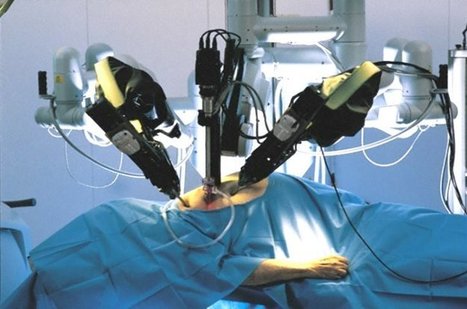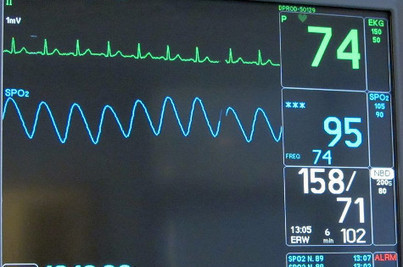A new report highlights the threats to your medical records and the devices doctors use to save lives.
Obviously, health care organizations need to get serious about securing their networks and devices, even at a basic level. "Consider everything with an IP address to be a critical endpoint," said Glines, who went on to say that stronger password protocols for everything from medical devices to firewalls would improve the situation.
New legislation might also encourage better behavior. Glines pointed to European Union laws that fine companies a percentage of their revenue when a breach occurs or a loss of data takes place. Though HIPAA is intended to provide protection, Norse maintined that compliance simply did not equate security.
But there's a role for regular people, too. Stiansen encouraged patients to question their healthcare provider about cybersecurity. Glines agreed saying, "consumers are the ones who have the most to lose. They have the right to ask how their records are maintained and what sort of security procedures are in place."
Learn more:
- http://www.scoop.it/t/securite-pc-et-internet/?tag=Internet+of+things



 Your new post is loading...
Your new post is loading...















Learn more / En savoir plus / Mehr erfahren:
http://www.scoop.it/t/securite-pc-et-internet/?&tag=RANSOMWARE